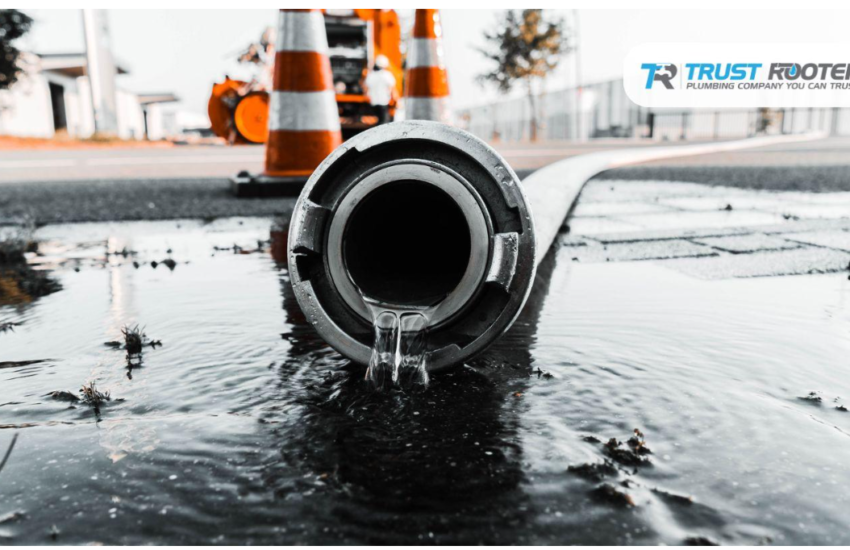What is an Internet Service Provider (ISP)?
As the name suggests, internet service providers are organizations that provide internet access to households and businesses. They provide customers with the opportunity to communicate with one another via email, browse for information on the web and listen to music online as well. Along with providing internet, they also have services for telephone and television cables. For instance, Comcast’s Xfinity bundles have multiple services being offered for a rate like an internet and TV cable, or internet and home security services, or even a premium one such as internet, TV cable, and home phone, all in one. However, some internet service providers only focus on managing internet services.
The first internet service provider was launched in 1990. The internet began as something that only government research laboratories and universities used in a closed network for their activities. Gradually, they began to expand their internet access to faculties and other employees, and eventually provided them access to their homes as well. Nowadays it can be found in almost every home.
How is ISP connected to the internet?
In simplest terms, ISP is connected to the internet the same as you are connected to a router: it needs a route to send and receive a message. Internet is a connection of thousands of other network connections and your ISP is connected to all of them. With this connection, your ISP can sell bandwidth to you and other users. But there are several central hubs that, if disturbed, can cause interruption to other several internet connections. Like if a central hub in Georgia goes down, then it could cause an interruption in the internet connections of the users living around Georgia, who are connected to that hub.
What is ISP’s job? Breaking it down
The main function of the ISP is to give you internet access. You click buttons and new pages pop open, music video plays, or your movie downloads. But what is happening behind all this process is made possible by the ISP.
- When you access a page on the internet from your device such as LocalCableDeals, the web browser the DNS servers, set up on your device, converts the LocalCableDeals’ domain name to its IP address, which is the address of LocalCableDeals’ ISP.
- The IP address of LocalCableDeals is sent from your device to your ISP, which forwards your request to the ISP that LocalCableDeals uses. In response to that, the ISP for LocalCableDeals sends the page to your ISP, which then sends that page to your router at home to your device.
This is a rough description of what ISP is doing for every click of your button and it all happens within seconds. It applies to all your online activities from simply browsing the web, to downloading videos and images and sending an email. For this process to go smoothly, you need an IP address that is provided by your ISP, otherwise, it will not work.
What happens when your internet doesn’t work?
When your internet does not work, you are most likely to blame the ISP for it. But there are steps you can take, before going with that option.
- When a website is not loading, try opening it on a different device. If the website is not loading on your computer, try opening it on your laptop or phone. If the website loads on your laptop or phone, then the issue is not your internet device, it’s the computer.
- When a website does not load, try opening a different one. If other websites are working fine and your device and internet are not having any issue, then the problem is with the website server not responding.
- When none of the websites are loading on all of your devices, you will need to restart the router. Restarting it usually fixes the connection problem.
- But if the connection issue persists, then you can contact the ISP and they will resolve it for you.
Why is your ISP tracking you?
Your internet service provider can see everything you do on the internet: the websites you visit, how much time you spend on them, the type of content you are scrolling through, the devices you are using the internet on, your location, etc. It is not like someone sitting behind the screen and watching you. Rather it is more like all your browsing data being stored into their servers. It is like a stream of revenue for them. They can compile your browsing logs and sell them for marketing and research campaigns. Even police departments can ask for your browsing history from your ISP, to track down criminals and such. Hence, they have access to your browsing history stored with them.
There are some things you can do to prevent them from tracking your every move:
- Install a VPN. VPNs or Virtual Private Network was initially meant to allow business employees to work securely in a remote location. For instance, if an employee was traveling, he would turn on the VPN to have an encrypted connection to browse online for work purposes. Nowadays anyone can use VPN to have an encrypted connection and ISP cannot track them that way.
- Tor browser allows internet users to surf securely on the internet. How this browser works is that it creates a network by connecting a user through a series of virtual tunnels, which prevents organizations and internet users from having their location and privacy compromised.
In conclusion, the internet service provider is mainly the link for you to connect to other networks. If there is an interruption on your internet connection, it is most likely a problem with ISP, but you need to inspect your equipment before reaching out to them. Moreover, since you are using their service to access the internet, they are also able to monitor your online activity.


